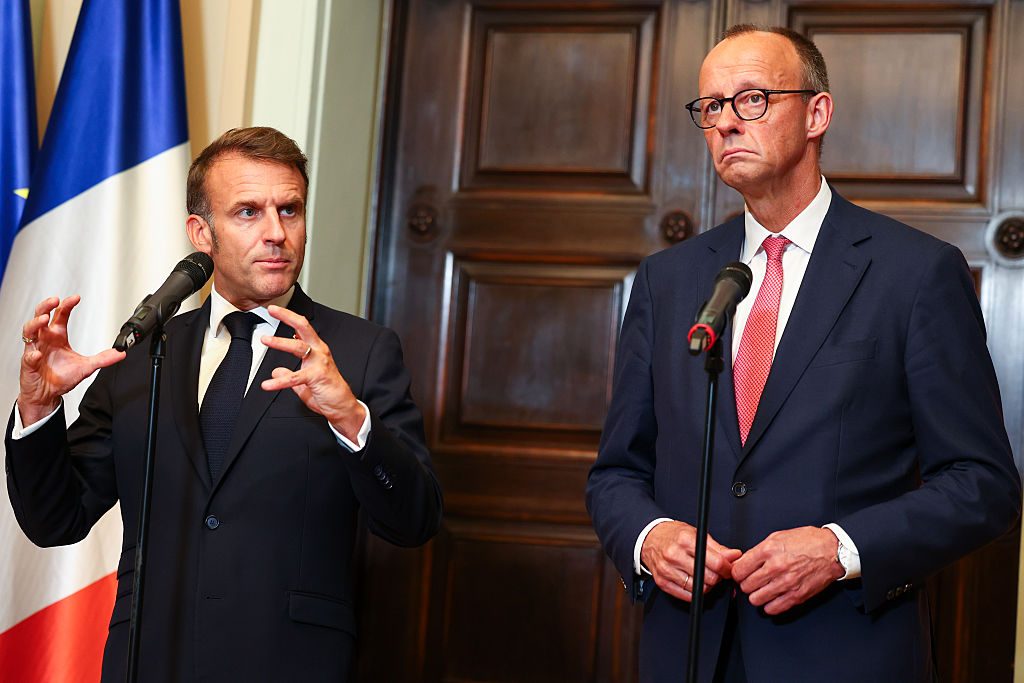Of all the sanctions deployed against Russia over the past three years, none was as radical or unprecedented as the freezing of Moscow’s foreign-exchange reserves, worth around $300 billion — about half of its overall reserves. Washington had previously frozen the assets of weaker adversaries such as Afghanistan, Iran, Syria, and Venezuela. But none of these countries remotely matched Russia’s stature: a G20 economy and the world’s largest nuclear power. Nor had any of the 63 central banks belonging to the Bank for International Settlements (BIS) in Basel — often described as the “central bank of central banks” — ever been subjected to such measures, not even during the Second World War.
The freeze upended what had long been considered a sacred principle of international finance: the neutrality of central bank reserves. It is broadly acknowledged that freezing Russia’s reserves gave powerful momentum to the de-dollarisation drive that has accelerated since 2022. Despite this, Brussels is now preparing to double down. Until now, Russia’s reserves have remained frozen but untouched. But pressure is building inside the EU to go further — to actually use these funds. Roughly €200 billion of the immobilised assets are held at Euroclear, the Brussels-based clearing house. German Chancellor Friedrich Merz this week called on the EU to seize these reserves and channel them into Ukraine’s war effort. His proposal, unveiled in the Financial Times, envisions using the assets to unlock a €140 billion loan for Kyiv.
This represents a striking reversal for Berlin. For years, Germany — along with several other EU members — had rejected outright confiscation of the assets, warning that it could jeopardise the euro’s credibility as a reserve currency and risk provoking dangerous escalation from Moscow. But with Washington under Donald Trump scaling back support for Ukraine, European leaders fear they may soon be left to carry the burden alone. Merz’s U-turn reflects this shift.
The proposed mechanism is complex. Member states would first guarantee the loan before anchoring repayment in the EU’s next long-term budget, beginning in 2028. Merz has suggested the plan should be adopted by a “large majority”, implying a structure that avoids unanimity and thus neutralises the vetoes of Hungary or Slovakia. But not all opposition comes from the bloc’s usual dissenters.
Belgium itself has little enthusiasm for the plan. The reason is straightforward: Euroclear’s profits from the immobilised Russian assets are already being taxed at 25% by the Belgian government, which is using the resulting windfall to help finance its own defence spending in line with Nato’s 2% of GDP target. Handing control of the funds to Brussels would deprive Belgium of this revenue stream. This highlights the internal contradictions of the EU’s position. While Brussels frames the debate in terms of solidarity with Ukraine and the defence of European sovereignty, national governments are not blind to the fiscal and financial interests at stake.
The consequences of Merz’s proposal would be far-reaching. Beyond prolonging an unwinnable war — with all its destruction and loss of life — it would further erode confidence in Europe’s currency and financial institutions. As Belgium’s Prime Minister Bart De Wever bluntly warned this week: “If countries see that central bank money can disappear when European politicians see fit, they might decide to withdraw their reserves from the eurozone”.
This is not a theoretical risk. Central banks around the world already begun shifting away from Western currencies after the 2022 freeze. Confiscation would only accelerate this trend. The euro, already a secondary reserve currency behind the dollar, could see its status diminished further if investors and governments view it as vulnerable to political whims.
What European leaders present as a show of strength is likely to prove to be yet another spectacular act of self-sabotage. It will further weaken the West’s position through the alienation of the Global South, the emboldening of alternative financial systems and the erosion of trust in the euro itself.











Join the discussion
Join like minded readers that support our journalism by becoming a paid subscriber
To join the discussion in the comments, become a paid subscriber.
Join like minded readers that support our journalism, read unlimited articles and enjoy other subscriber-only benefits.
Subscribe